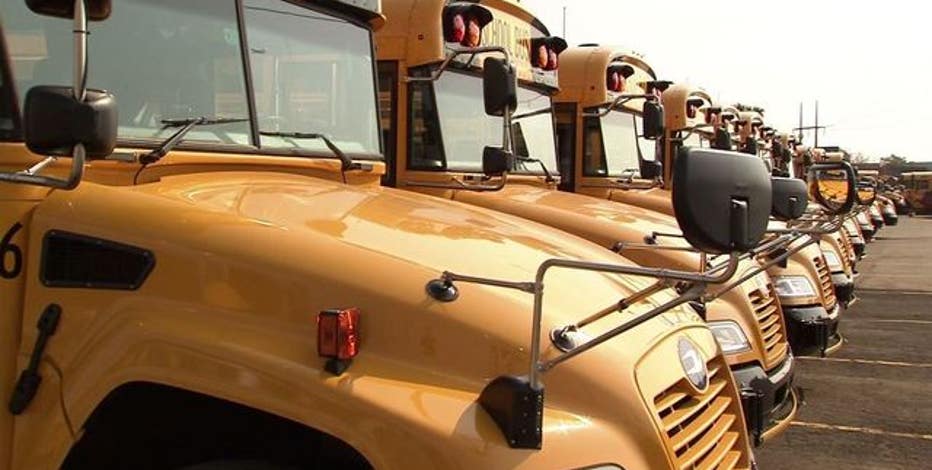
(FOX 2) - A Michigan lawmaker is trying to change when schools can start the first day of class.
In a bill introduced March 14, Rep. Steven Johnson, R-Wayland, is proposing removing the mandate that forces school districts to begin class after Labor Day.
“Lansing doesn't know what's best for every child in Michigan,” Johnson said. “Let's just remove that burden. Let each school district make the decision.”
Johnson argues because districts have different needs, they shouldn't be forced into a one size fits all start date. Previously, if districts wanted to start school earlier in the summer, they would need a waiver from the state. Because more than 100 were approved last year, Johnson find himself wondering, “if everyone applies for it gets it, what's the point?”
“It just turns into more red tape and bureaucracy.”
This isn't the first time proposed legislation has tried to return control to the local level. Since becoming law in 1999, several bills have tried to remove the mandate. There's a new factor at play however that's adding momentum to the school start day debate: snow days.
Extreme weather in the winter is continuing to keep students from their classrooms. The 2019 winter was evidence of that. After Grand Rapids Public Schools hit their six day limit for snow days, they still needed more. So far, the state has waived three more snow days.
“In essence, you already have these waivers granted around the state,” said John Helmholdt, executive director of communications and external affairs with GRPS. “What makes sense for Kent County may not make sense for other counties. We think it makes complete sense to provide local control.”
Other districts on the west side of Michigan, like in Kalamazoo, find themselves in the same predicament. More snow days might mean pushing the end of school further into the summer - which means a harder time of retaining a student's attention.
In the past, arguments against legislation like Johnson's bill came from the business and tourism industry. Restaurants and hotels in vacation destinations rely on high school students spending their summer breaks working. However advocates for the bill aren't hearing those arguments as loudly.
“The business community is not pushing back (as strongly). In the beginning that was a non-starter,” said Chris Wigent, executive director of the Michigan Association of Superintendents & Administrators.
Wigent said the rewriting of the bill takes into account the concerns of the tourism community. School districts in Charlevoix and Traverse City don't have to move up their school start date. If they want to leave it until after Labor Day, that's up to them.
But for some districts that see class going late into June, it becomes a debate over what's being prioritized: education or tourism.
“It's easy to say 'when we think about the best academic interests for kids in schools, think of it in the lens of doing it right by kids,'” Helmholdt said. “The start of school should be determined by their educational interests, not by the tourism industry.”
Ironically, Helmholdt was the legislative aid to the senator who proposed the initial bill to mandate a Labor Day threshold. He said that argument was passed with the tourism industry in mind. He said while GRPS agrees with the bill, their support is contingent on at least making an effort for all schools within one county or district to be on the same schedule.
That's to make it easier for parents that may work at one school, while their kids attend another.
“The trick is how do you avoid a total patchwork of different start and end dates in a local metro area where you may have parents living in one city and work in another area?” Helmhold said. “That's where we should try to create continuity on a regional basis. But when in doubt, we will always support local control.”
Districts can expect some relief from Michigan's harsh winter weather regardless of the success of Johnson's bill. During session late on Wednesday, the Michigan House approved a measure that would districts wouldn't have to make up snow days during state-declared emergencies. It was approved 101 - 7. That bill now moves on to the state Senate.
Johnson's bill was referred to the Education Committee on March 19.
